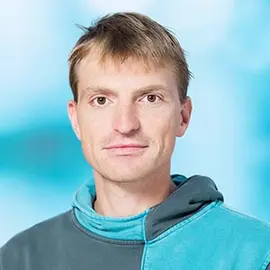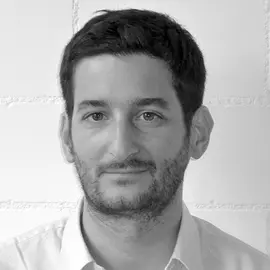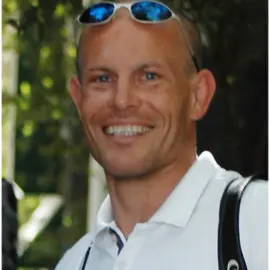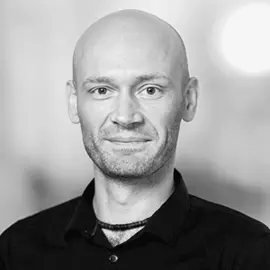Research Centre for Cognitive Computing in Life Sciences
With cognitive computing, we develop new software technology, algorithms, and systems for signal processing, data analytics and process control in life sciences.
About us
The Research Centre for Cognitive Computing in Life Sciences develops and applies computational methods and models inspired by learning and self-organisation principles of biological neural systems to problems in life sciences, such as activity recognition, bio-signal processing, environment monitoring and assistive autonomous systems.
Methods we use
Combination of model-based approaches and data-driven machine learning:
Self-organizing and complex systems
- Dynamical systems, cellular automata, physics-constrained DL
Neuromorphic computing
- Event-based vision, neural motion planning and control, autonomous learning, power-efficient AI, real-time AI
Classical and deep learning based machine learning
- NLP, Generative AI, Multi-modal modelling, explainable AI
- Reinforcement learning, Bayesian modelling, predictive analytics, signal processing
Examples of application domains
- Environmental systems and sustainability
- Remote sensing
- Spectral analysis in food industry and material science
- Protein engineering
- Process automation
- Predictive maintenance
- Bio-signal analysis and sports analytics
- Smart farming
- Collaborative and assistive robotics
Advanced Signal Analytics
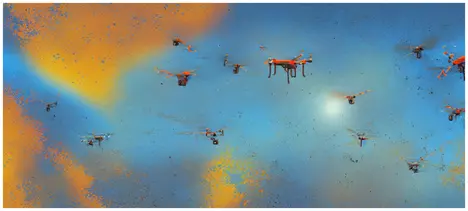
This research group works on the analysis, modelling and classification of signals as as well as statistical modelling and consulting. Our experts use physical and statistical models as well as deep learning applied to problems in the life sciences such as agricultural systems, chromatography or signals from drones. The group consists of data science and statistics experts with backgrounds in theoretical and applied physics and mathematics with a long experience of research and teaching in the life sciences.
Group leader: Dr. Matthias Nyfeler | Learn more about the research group Advanced Signal Analytics
Computational Environment
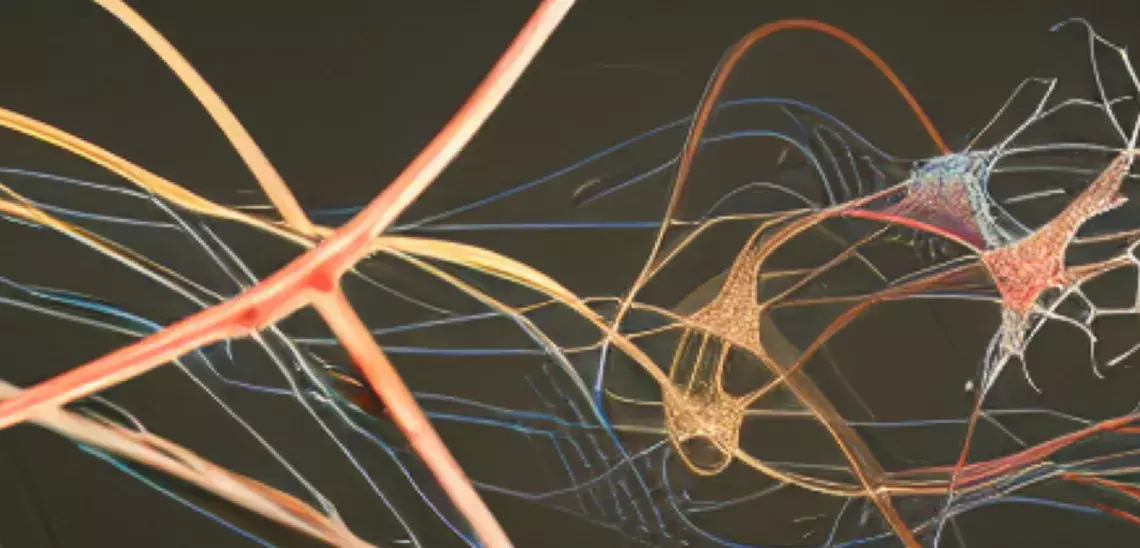
The research group focuses on the modeling of natural systems and their interaction with humans. This also includes sustainability topics in a more general context such as in view of social and economical questions. Our experts approach the challenges with data science, deep learning and modeling. A special methodological focus is on deep learning methods, multimodal learning with natural language processing and on modeling with discrete systems such as cellular automata.
Group leader: Dr. Martin Schüle | Learn more about the research group Computational Environment Group
Neuromorphic Computing
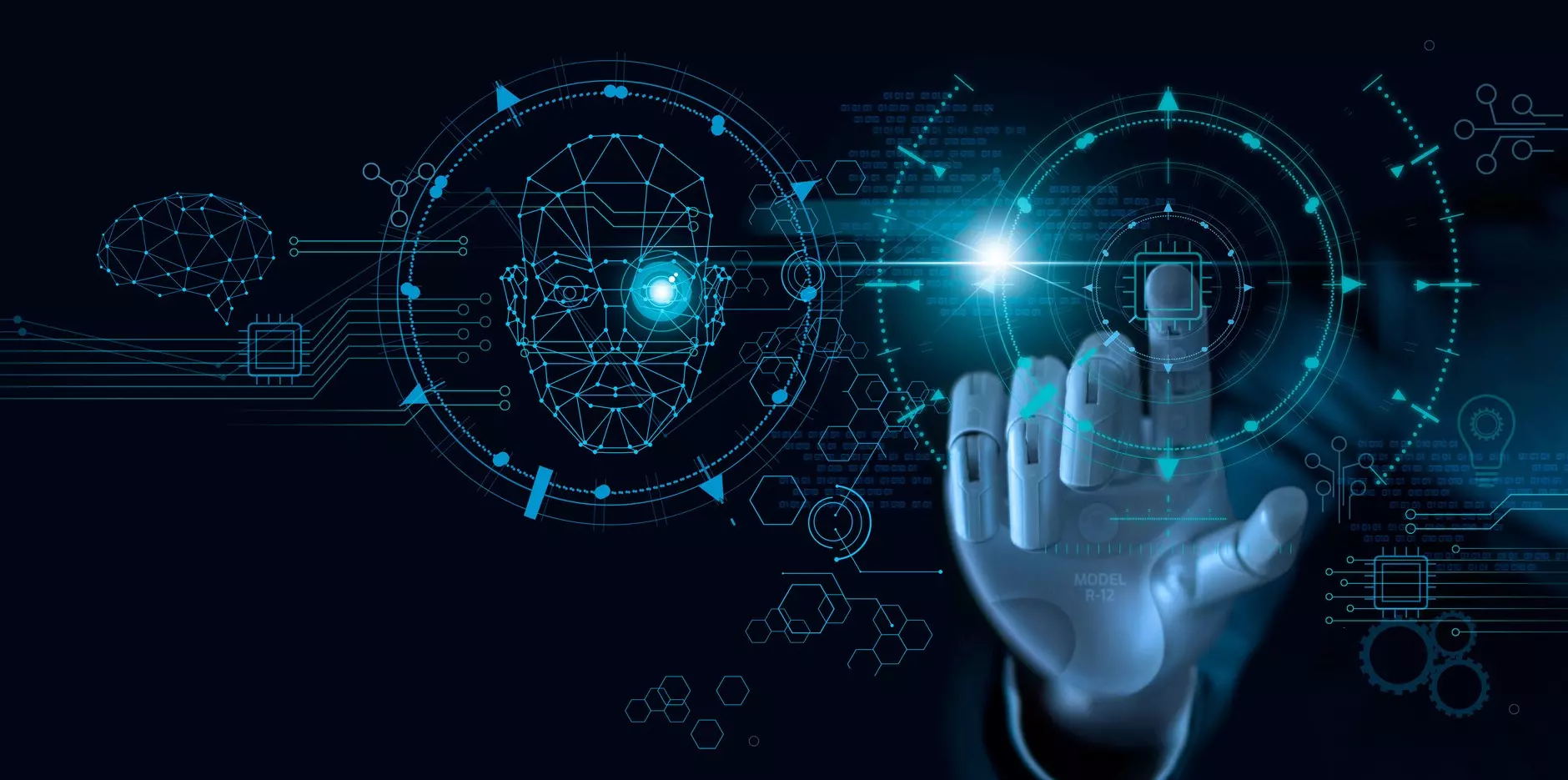
The research group develops advanced neural-network based algorithms, software libraries, and systems with the new generation of computing chips – brain-inspired neuromorphic sensing and computing hardware. Our experts focus on perception, motion planning, and control for robotic actuators with applications in there fields: healthcare, agriculture, food processing, and smart environments. Our research group follows a human-centered design approach to develop new generation of physical AI systems that are power-efficient, adaptive, and safe.
Group leader: Prof. Dr. Yulia Sandamirskaya | Learn more about the research group Neuromorphic Computing
Predictive Analytics
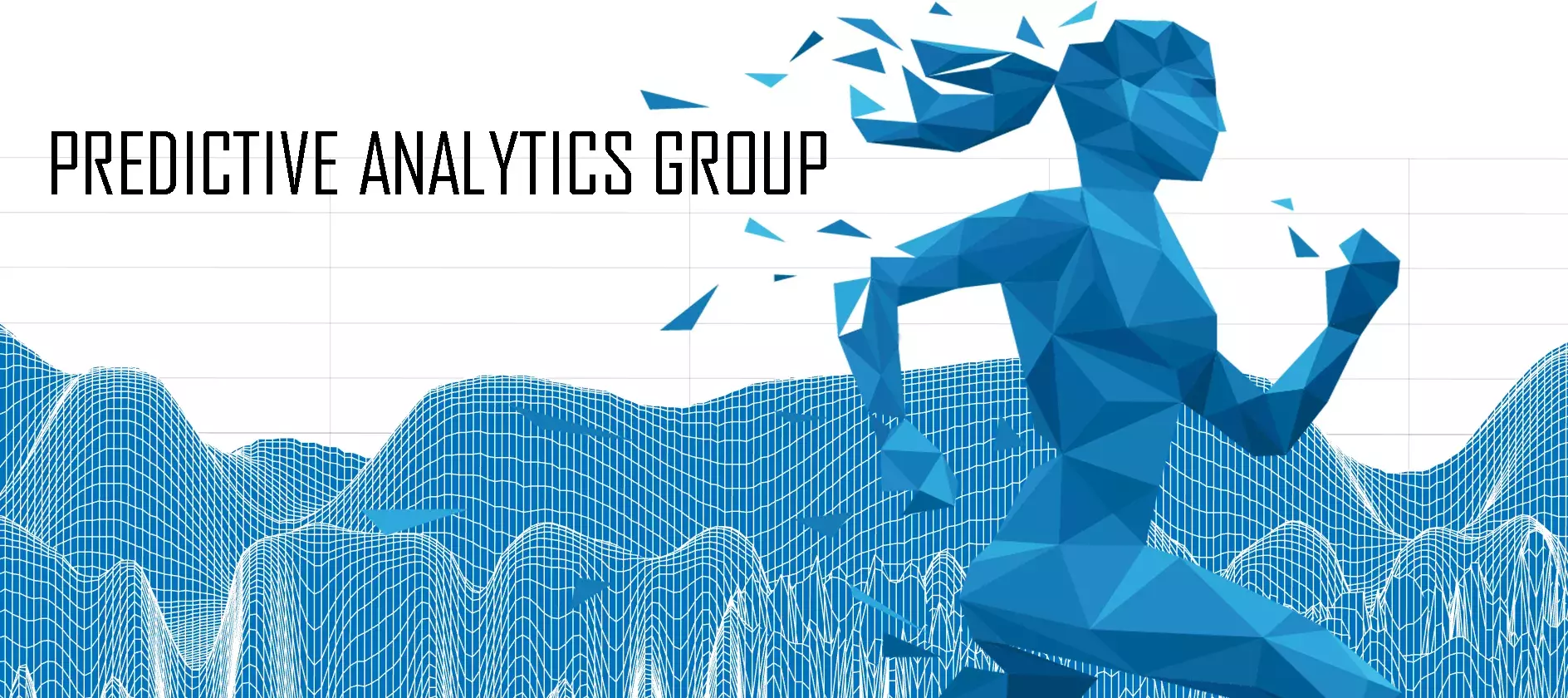
The research group's focus is on applied research in statistical modeling and machine learning for pattern discovery, as well as data mining, pattern recognition, and forecasting in life sciences. Our experts have a proven track record in the areas of med-tech, personalized health and sports analytics. The group's expertise lies in the fusion of heterogenous information sources and ensemble methods, in particular for time series and image/video analytics. In the context of Industry 4.0, the group conducts research in the area of predictive and prescriptive maintenance.
Group leader: Dr. Krzysztof Kryszczuk | Learn more about the research group Predictive Analytics
Teaching Activites
The centre includes teaching engagements at BSc and MSc level as well as in continuing education. At BSc level, basic subjects in mathematical and physical modelling, statistics and information processing are offered in all study programmes of the department. Furthermore, teaching includes specific subjects in the field of data science with a focus on "machine learning, neural networks, signal and image analysis" in the institute's own BSc ADLS and MSc ACLS programmes and in continuing education. Thirdly, specific subjects are offered, especially in the "Digital Environment" specialisation of the ADLS.
Projects
-
Prototypes for the Sustainable Digitisation of University Teaching
The COVID-19 Pandemy has forced higher education into fast forwarding their digitisation across the board. This creates valuable and relevant information for the sustainable digitization beyond the crisis mode. The project structures evidence-based digital teaching exsperiences and digital competences at the ...
-
Food Waste Indicators and Data Monitoring Concept
The Sustainable Development Goals require halving food waste by 2030. The goal of this project is to develop indicators and a data monitoring concept for food waste in Switzerland. The goal is to measure food waste amounts annd environmental impacts periodically in order to evaluate if the reduction target is being ...
-
PiaBreed: Machine Learning for automated ovulation and birth monitoring in horses
The project comprises the tasks of a comprehensive data collection (Piavita/ University of Bern) and the development of a mobile, non-invasive system (Piavita/ZHAW) for veterinarians and breeders. The goal is to collect important vital data and to develop a new algorithm scheme with which - ovulation in mares can ...
-
Sensor for a wearable device for early detection of symptoms of possible neurodegenerative diseases
We propose to develop and implement a sensor for a wearable device with the functionality of early detection of symptoms associated with the following neurodegenerative diseases: Alzheimer's Disease (AD) and Parkinson's Disease (PD). Specifically, we focus on the detection and quantification of symptoms associated ...
-
Fighting bites with bytes: Promoting public health with crowdsourced tick prevention
Ticks are on the rise and transmit several infectious diseases, leading to serious illness or even death. The smartphone App “Zecke–Tick Prevention helps people, to remember the tick bite location and to check it for potential Lyme disease symptoms. In an interdisciplinary approach, ZHAW-scientists want to find out ...
Publications
-
Epper, Pascale; Glüge, Stefan; Vidondo, Beatriz; Wróbel, Anna; Ott, Thomas; Sieme, Harald; Kaeser, Rebekka; Burger, Dominik,
2023.
Increase of body temperature immediately after ovulation in mares.
Journal of Equine Veterinary Science.
127(104565).
Available from: https://doi.org/10.1016/j.jevs.2023.104565
-
Glüge, Stefan; Balabanov, Stefan; Koelzer, Viktor Hendrik; Ott, Thomas,
2023.
Evaluation of deep learning training strategies for the classification of bone marrow cell images.
Computer Methods and Programs in Biomedicine.
(243), pp. 107924.
Available from: https://doi.org/10.1016/j.cmpb.2023.107924
-
Horn, Claus; Nyfeler, Matthias; Müller, Georg; Schüpbach, Christof,
2022.
Drone radio signal detection with multi-timescale deep neural networks [paper].
In:
Yurish, Sergey Y., ed.,
Proceedings of the 4th International Conference on Advances in Signal Processing and Artificial Intelligence.
4th International Conference on Advances in Signal Processing and Artificial Intelligence (ASPAI), Corfu, Greece, 19-21 October 2022.
IFSA Publishing.
pp. 140-143.
Available from: https://doi.org/10.21256/zhaw-27185
-
Müller, Antonia; Glüge, Stefan; Vidondo, Beatriz; Wróbel, Anna; Ott, Thomas; Sieme, Harald; Burger, Dominik,
2022.
Increase of skin temperature prior to parturition in mares.
Theriogenology.
190, pp. 46-51.
Available from: https://doi.org/10.1016/j.theriogenology.2022.07.007
-
Rerabek, Martin; Schiboni, Giovanni; Durrer, Lukas; Oliveras, Ruben; Eib, Philippe; Rouchat, Fabien; Probst, Anja; Schmidt, Markus; Kryszczuk, Krzysztof,
2022.
Circadian rhythm tracking using core body temperature estimates from wearable sensor data.
In:
7th International Conference on Human Interaction and Emerging Technologies (IHIET), Lausanne, Switzerland, 23-25 April 2022.


